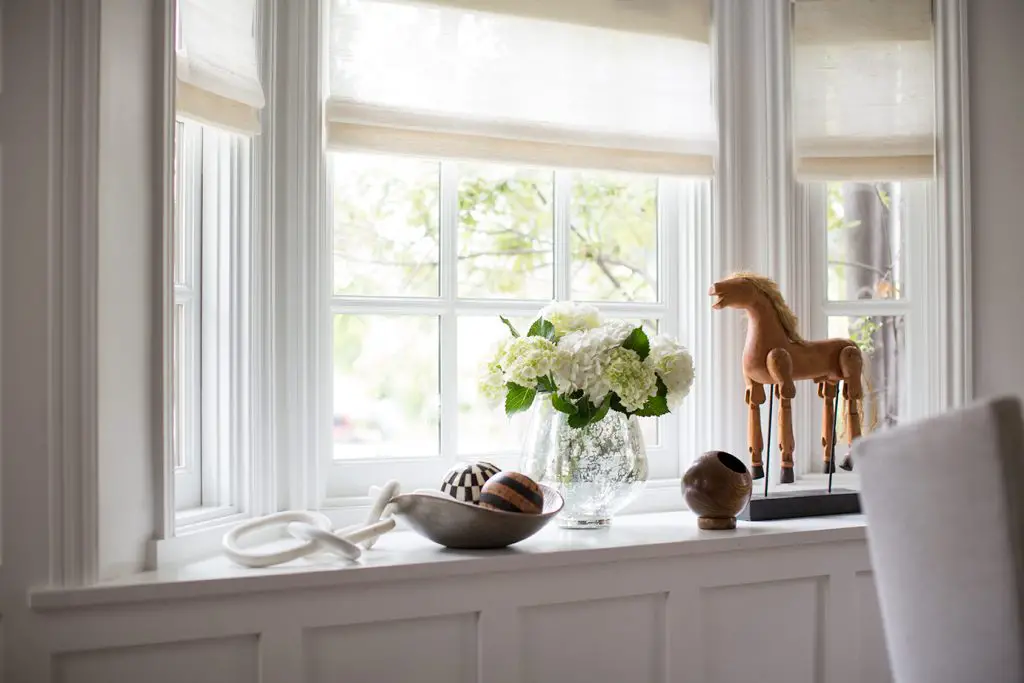Noise pollution is one of the most common forms of environmental pollution and can have a detrimental effect on your home’s comfort and well-being. Most homes are built with thin walls and little insulation to protect against the outside noise.
If you find that noise pollution is making it difficult to enjoy the peace and tranquility of your home, there are some steps you can take to insulate your house from external noise.
In this blog, we’ll cover the most effective ways to insulate your home against noise pollution.
Common Cause of Noise Pollution from Outside Your Home

Noise pollution can come from various sources within and outside your home. The most common causes include:
- Construction noise – construction activity in the vicinity of your home: renovations or repairs being made to your home or a neighboring house
- Traffic noise – cars, trucks, and other vehicles passing by your house
- Aircraft – planes taking off or flying overhead
- Industrial noise – machines and equipment running nearby
- Neighbors – loud music or conversations coming from a neighbor’s house
Benefits of Soundproofing Your Home
When you soundproof your home, there are several benefits to enjoy. Here are some of the most ones:
- Reduced Stress – By reducing noise pollution levels in your home, you can better manage stress and lead a healthier lifestyle.
- Enhanced Comfort – Reducing noise pollution also results in improved comfort and peace of mind inside your home.
- Increased Focus – Without constant noise interruptions, you can focus better on work or tasks that require concentration.
- Improved Sleep Quality – By blocking out disruptive noises from outside your home, you’ll get a better night’s sleep.
Soundproofing Your Home Against Noise Pollution

Soundproofing is the most effective way to reduce noise pollution in your home. Soundproofing involves installing materials that absorb, reflect, or block sound waves from entering or leaving the house. Depending on your budget and existing insulation, you can choose from several options when it comes to soundproofing your home:
Acoustic Panels
One way to do this is by using special acoustic panels designed specifically for this purpose. These panels can be installed on walls and ceilings or between floor joists. They can reduce indoor noise levels by up to 80% if installed correctly.
Double-paned windows
Another soundproofing option is to install double-pane windows. Double-paned windows provide an effective barrier for keeping noise out of your home and reducing heat transfer through the window panes. Ideal for those living in urban areas, this option is relatively inexpensive and can reduce noise levels significantly.
Heavy blackout curtains
Heavy blackout curtains can help insulate against noise pollution. Curtains are an effective barrier for blocking out sound, as they absorb and deflect sound waves. Look for curtains with a thick lining, preferably one made of foam or other noise-absorbing material. Look for curtains that are weighted down so they don’t move when you open and close them.
Weatherstripping
Weatherstripping is applying sealant or foam along the edges of doors and windows to help reduce air leakage. This helps insulate your home against noise pollution from entering your home and lowers energy costs. If your door or window frame has more than quarter-inch wide gaps, installing weatherstripping can improve insulation levels in your home.
Wall insulation
Adding insulation to the walls of your home is another effective way to reduce noise levels. Fiberglass or foam insulation can block out sound waves in walls and ceilings. You may also consider adding an extra layer of drywall or other heavy material to your walls for further soundproofing. You can consult insulation specialists like iFOAM for more advice on the best type of insulation for your walls.
Insulation Explained

Insulation is a material that helps keep sound from entering or exiting your home. Insulation can be either rigid or flexible, and it can come in various forms, such as foam, fiberglass, cellulose, rock wool, or spray-on insulation. It is important to note that all insulation does not provide the same level of noise reduction.
Most insulation materials will absorb and deflect sound waves, preventing them from entering or leaving your home. The thicker the material, the better it will be at reducing noise levels. Additionally, some insulation materials, such as fiberglass, are more effective than others in blocking out higher-frequency sounds, such as traffic noise or music.
Insulation Types
Fiberglass
Fiberglass insulation is one of the most common types of insulation. It is made from tiny glass fibers and comes in batts or rolls that fit between studs in walls and ceilings. Fiberglass is an effective sound absorber and can block out higher-frequency noise, such as traffic or music.
Cellulose
Cellulose insulation is made from recycled paper and cardboard fibers and can be installed in walls or ceilings. It is an effective sound absorber, particularly for lower-frequency sounds such as conversations or television.
Rock wool
Rock wool insulation is a good choice for reducing noise levels in any home. Rock wool insulation is made from spun fibers of basalt, a rock resistant to heat and thermal shock. It can be used in walls or ceilings to provide effective soundproofing.
Spray foam
Spray foam is a special plastic foam that expands when applied to surfaces. It can be sprayed on walls or between floor joists to provide effective soundproofing. Spray foam insulation is an effective barrier for blocking out both low and high-frequency sounds.
Essential Things to Note When Soundproofing Your Home

When soundproofing your home, remember to use a combination of methods for the best results. Heavy blackout curtains, double-paned windows, weatherstripping, and wall insulation can all be used to reduce noise levels in your home. Additionally, make sure that you are using the correct type of insulation material for your needs, as each has different sound absorption levels. Finally, consult a professional if you need assistance with the installation process.
Following these tips can help ensure that your home is insulated against noise pollution and provide you with a peaceful environment to relax in. Hopefully, this article has helped you better understand how to insulate your home against noise pollution.
Thanks to all the companies linked above.
Leave a Reply